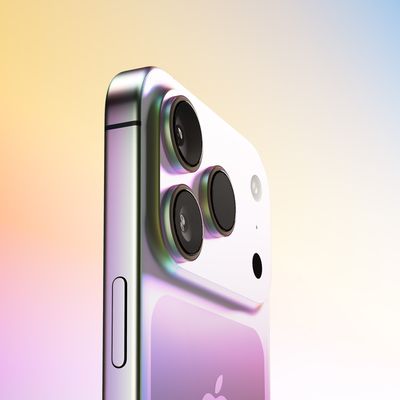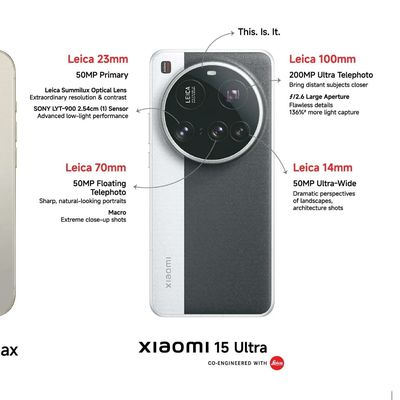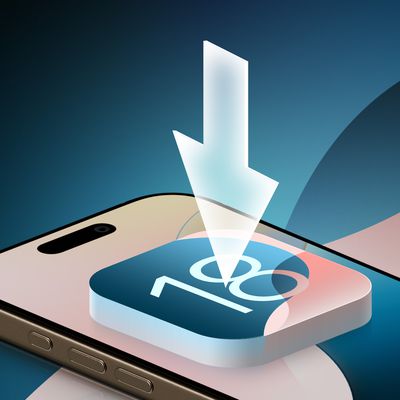The Federal Communications Commission gave a notice today that states Net Neutrality rules will officially end in the United States on June 11, 2018 (via Reuters). The FCC voted 3-2 in favor of repealing the rules last December, a repeal that was then made official with an entry into the Federal Register in February.
Multi-state lawsuits soon popped up in efforts to block the rollback of Net Neutrality, and now more than a dozen Democratic senators have moved to force a vote on a proposal that would reinstate Net Neutrality protections. According to CNN, the vote is expected to pass the Senate, but will face an "uphill battle" in the Republican-majority House of Representatives, and "would likely be vetoed" by President Trump if it got that far.

Still, Democratic senator Ed Markey cited building momentum for the proposal, with the Senate's vote expected to happen in the middle of next week.
"Our intent is to have it pass in the Senate, the momentum is building," he said. "We expect there to be some considerable momentum coming out of the Senate and 160 will quickly grow towards the 218 that we need to have a vote over there as well."
"When we pass this in the Senate, when we pass it in the House of Representatives, when it's clear the electorate is at 86% favorable for this issue, that we would have a political firestorm throughout this country if President Trump announced that he was going to veto that said protections, replacing it with exactly nothing," he said.
The repeal of Net Neutrality rules will allow internet service providers to block or slow down any website, service, or app they want to as long as they disclose any act of internet throttling to their customers. Those in favor of the repeal say the decision was made to restore broadband internet services as a "lightly-regulated" market.
On the other side, opponents argue that the repeal gives Verizon, Comcast, and other ISPs the free reign to essentially control the customer's internet by dividing users into so-called "fast lanes" and "slow lanes." Apple is one of the many companies against the repeal of Net Neutrality, stating last August that the ruling could "fundamentally alter the internet as we know it," and if it passed it would be put in place to the detriment of consumers, competition, and innovation.
Many websites are issuing alerts about the upcoming Net Neutrality Senate vote by joining the The Red Alert for Net Neutrality project. On sites like Reddit, Tumblr, Etsy, GitHub, and more, visitors will be presented with a large red screen that urges users to contact their local lawmakers and voice their support of Net Neutrality.
Note: Due to the political nature of the discussion regarding this topic, the discussion thread is located in our Politics, Religion, Social Issues forum. All forum members and site visitors are welcome to read and follow the thread, but posting is limited to forum members with at least 100 posts.


















